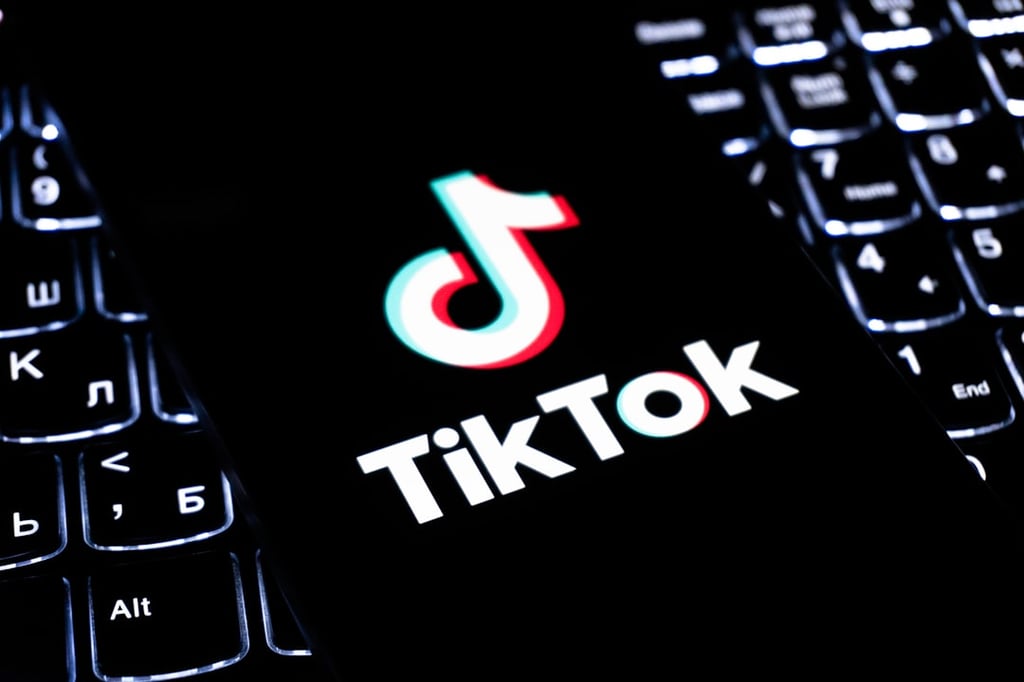The Internet of Things (IoT) is not only paving the way for intelligent enterprises and smart cities, it’s affecting the cost of delivering healthcare. Accenture recently released the results of its Internet of Health Things Survey of 77 healthcare providers and an equal number of healthcare payers (generally health insurance companies), conducted by McGuire Research. […]
Datamation content and product recommendations are
editorially independent. We may make money when you click on links
to our partners.
Learn More
The Internet of Things (IoT) is not only paving the way for intelligent enterprises and smart cities, it’s affecting the cost of delivering healthcare.
Accenture recently released the results of its Internet of Health Things Survey of 77 healthcare providers and an equal number of healthcare payers (generally health insurance companies), conducted by McGuire Research. The firms discovered that the Internet of Health Things (IoHT) is already having some positive effects on the industry.
First things first: What is the IoHT?
Accenture describes IoHT “as the integration of the physical and digital worlds through objects with network connectivity in the healthcare industry,” in its report. “IoHT transforms raw data into simple, actionable information and communicates with other objects, machines or people. IoHT can be leveraged to improve access to health, quality of care, consumer experience, and operational efficiency.”
For some healthcare organizations, the IoHT is already delivering brighter financials.
A third (33 percent) of all healthcare providers attributed “extensive operational cost savings” to their IoHT-enabled remote patient monitoring programs. Forty-two percent of healthcare payers reported major medical cost savings from similar programs. IoHT wellness and prevention programs are yielding “extensive” medical cost savings for 42 percent of providers and 45 percent of payers.
Somewhat unsurprisingly, the sensor-packed and connected wearable is the go-to device class for wellness and prevention IoHT programs. Ninety-one percent of providers and 95 percent of payers said wearables where a component of such solutions.
Among healthcare providers, 42 percent provide their patients a health tracker and 28 percent subsidize the cost. Twenty-one percent of healthcare payers provide wearables to their members while 45 percent offer them at reduced cost.
On average, healthcare organizations are devoting 10 percent of their yearly IT budgets to IoHT. Some organizations have even established dedicated IoHT business units or subsidiaries (10 percent).
Kicking off an IoHT initiative is not without its challenges, however. Privacy and security concerns were among the biggest barriers slowing the adoption of IoT technologies among healthcare organizations. Nineteen percent of respondents cited legacy and incompatible systems as an “extensive barrier.”
Underscoring the persistent IT skills gap affecting practically all industries, 40 percent of those polled said that a lack of talent posed a “moderate barrier” to adoption. Many firms also felt that a lack of maturity and interoperability standards in IoT technologies is hindering IoHT rollouts.
Pedro Hernandez is a contributing editor at Enterprise Storage Forum. Follow him on Twitter @ecoINSITE.
-
Huawei’s AI Update: Things Are Moving Faster Than We Think
FEATURE | By Rob Enderle,
December 04, 2020
-
Keeping Machine Learning Algorithms Honest in the ‘Ethics-First’ Era
ARTIFICIAL INTELLIGENCE | By Guest Author,
November 18, 2020
-
Key Trends in Chatbots and RPA
FEATURE | By Guest Author,
November 10, 2020
-
Top 10 AIOps Companies
FEATURE | By Samuel Greengard,
November 05, 2020
-
What is Text Analysis?
ARTIFICIAL INTELLIGENCE | By Guest Author,
November 02, 2020
-
How Intel’s Work With Autonomous Cars Could Redefine General Purpose AI
ARTIFICIAL INTELLIGENCE | By Rob Enderle,
October 29, 2020
-
Dell Technologies World: Weaving Together Human And Machine Interaction For AI And Robotics
ARTIFICIAL INTELLIGENCE | By Rob Enderle,
October 23, 2020
-
The Super Moderator, or How IBM Project Debater Could Save Social Media
FEATURE | By Rob Enderle,
October 16, 2020
-
Top 10 Chatbot Platforms
FEATURE | By Cynthia Harvey,
October 07, 2020
-
Finding a Career Path in AI
ARTIFICIAL INTELLIGENCE | By Guest Author,
October 05, 2020
-
CIOs Discuss the Promise of AI and Data Science
FEATURE | By Guest Author,
September 25, 2020
-
Microsoft Is Building An AI Product That Could Predict The Future
FEATURE | By Rob Enderle,
September 25, 2020
-
Top 10 Machine Learning Companies 2020
FEATURE | By Cynthia Harvey,
September 22, 2020
-
NVIDIA and ARM: Massively Changing The AI Landscape
ARTIFICIAL INTELLIGENCE | By Rob Enderle,
September 18, 2020
-
Continuous Intelligence: Expert Discussion [Video and Podcast]
ARTIFICIAL INTELLIGENCE | By James Maguire,
September 14, 2020
-
Artificial Intelligence: Governance and Ethics [Video]
ARTIFICIAL INTELLIGENCE | By James Maguire,
September 13, 2020
-
IBM Watson At The US Open: Showcasing The Power Of A Mature Enterprise-Class AI
FEATURE | By Rob Enderle,
September 11, 2020
-
Artificial Intelligence: Perception vs. Reality
FEATURE | By James Maguire,
September 09, 2020
-
Anticipating The Coming Wave Of AI Enhanced PCs
FEATURE | By Rob Enderle,
September 05, 2020
-
The Critical Nature Of IBM’s NLP (Natural Language Processing) Effort
ARTIFICIAL INTELLIGENCE | By Rob Enderle,
August 14, 2020
SEE ALL
ARTICLES
Pedro Hernandez is a contributor to Datamation, eWEEK, and the IT Business Edge Network, the network for technology professionals. Previously, he served as a managing editor for the Internet.com network of IT-related websites and as the Green IT curator for GigaOM Pro.









